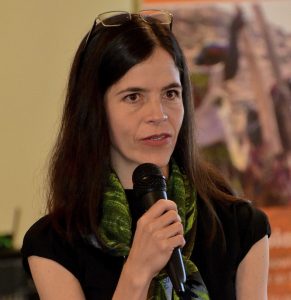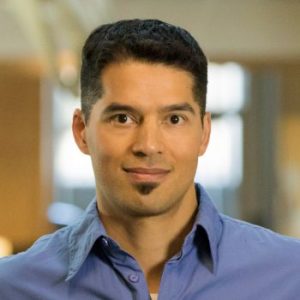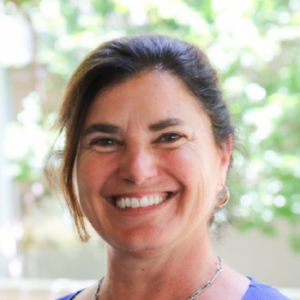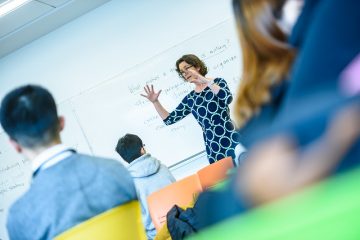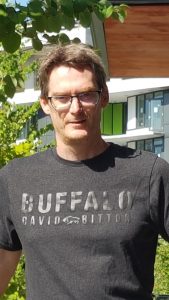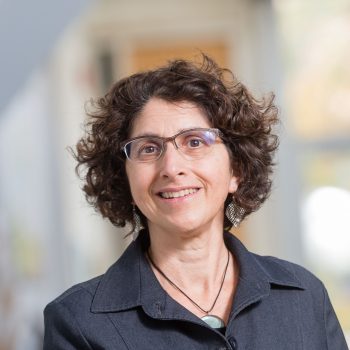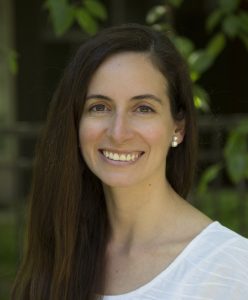IRES Seminar Series
Time: 12:30pm to 1:30pm (every Thursday)
Location: AERL Theatre (room 120), 2202 Main Mall
*********************************************************************************
*** CLICK HERE TO VIEW RECORDING (Vikas 6:35-33:21 ) (Maayan 35:08-1:02:35)***
Perceived Grid Uncertainty as an Impediment to Transition: Visualizing Low Carbon Investment Risk in Tanzania
Using Tanzania as a case, this study explores the impact of uncertainties around grid expansion on DG investments.
Meeting SDG 7 (universal energy access) requires significant investment in renewable energy based Distributed Generation (DG) systems. However, the investment environment for DG systems in developing countries is not without high risks. One of the risks DG faces is uncertainty around grid extension. Using Tanzania as a case, this study explores the following questions: i) What is the impact of perceived uncertainties (based on optimistic/pessimistic public perceptions) around grid expansion on DG investments? ii) How do competing technology investments under uncertainty change the spatial pattern of technology diffusion
Vikas Menghwani
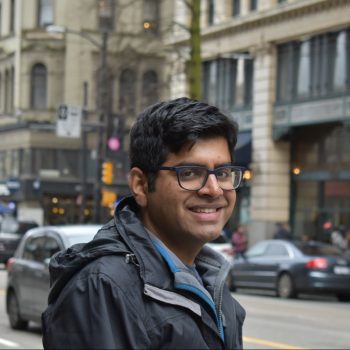
IRES PhD Program
Bio:
Vikas is a PhD candidate at IRES, working with Dr. Hisham Zerriffi since Fall 2014. His work includes energy systems modelling for energy access, and the theoretical domains of transitions and energy justice. He completed his Mechanical Engineering (with a Masters degree in Energy Technology) education in 2009 from Indian Institute of Technology Madras. He worked in the area of climate change consulting for 3 years, covering renewable energy and energy efficiency projects across India and South East Asia, followed by 2 years in the area of business research.
Perennial polycultures in the US Midwest: environmental and food production outcomes
Perennial polyculture farming is management that integrates multiple woody perennial crops in the same field. Such enterprises on a commercial scale in the temperate North are not well studied. Can perennial polyculture offer a viable alternative for food production? This study gathered original primary data on multiple ecosystem service proxies (soil properties, insects, birds, vegetation) and food production in a paired observational study design in the US Midwest. Perennial fields show significantly higher total soil carbon and active carbon, and less soil compaction in the top soil layer (0-15 cm) than paired conventional annual cropland. They have comparable or higher N and P levels. Perennial fields also had significantly higher bird, insect, and soil fungus diversity, and more non-crop vegetative plant cover and diversity. Food production (calories) from perennial fields was significantly lower, but nutritional diversity was higher. Perennial polyculture farms in the US Midwest’s numerous environmental and nutritional benefits must be weighed against their lower yields.
Maayan Kreitzman
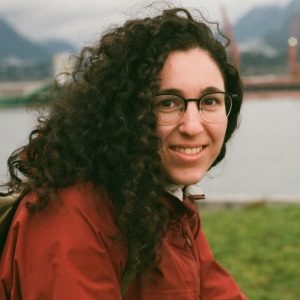
IRES PhD Program
Bio:
Maayan is a PhD candidate at IRES. She’s a graduate of the UBC Biology program (BSc. Biology) and the Hebrew University of Jerusalem (MSc. Genetics). She worked at the BC Cancer Agency’s Genome Sciences Centre as a bioinformatician before returning to UBC to start her PhD. Maayan’s research focuses on perennial crops, perennial agriculture landscapes, and their environmental and agronomic outcomes. She is also a coordinator with Extinction Rebellion Vancouver.
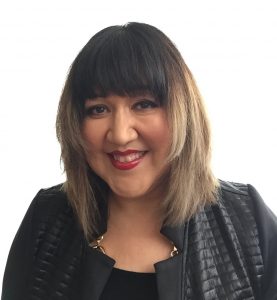
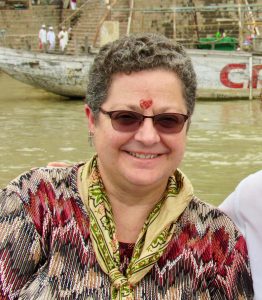
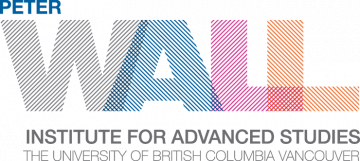
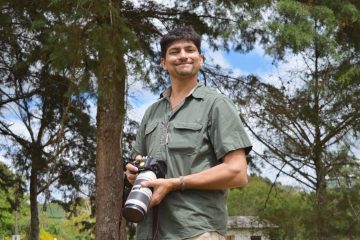
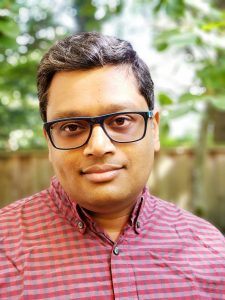 ‘
‘